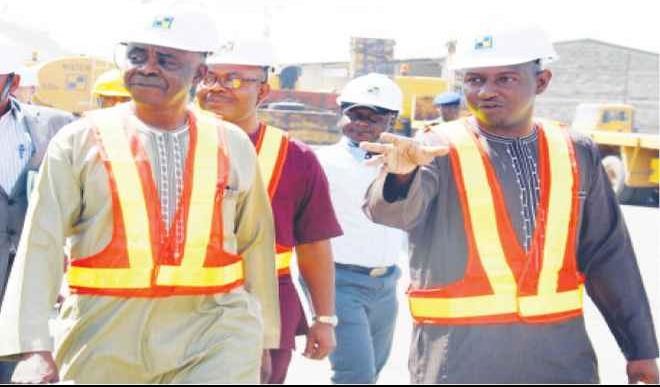Inspection, enforcement key to labour growth – Ocheni
The Minister of State Labour and Employment, Prof. Stephen Ocheni, has restated the present administration’s high regard to the issue of labour inspection services as a cardinal component of the Decent Work Country programme. The programme is designed to achieve maximum productivity in both private and public sectors. Prof. Ocheni stated this when he […]


The Minister of State Labour and Employment, Prof. Stephen Ocheni, has restated the present administration’s high regard to the issue of labour inspection services as a cardinal component of the Decent Work Country programme.
The programme is designed to achieve maximum productivity in both private and public sectors.
Prof. Ocheni stated this when he led a team of inspectors on Integrated Labour Inspection and Enforcement Services to the Abuja office of Dantata and Sawoe Construction Company.
He stated that the workplace integrated labour inspection is in furtherance of efforts at ensuring that the occupational safety and health of Nigerian workers and that of their employers are guaranteed in line with global best practices.
“The National Integrated Labour Inspection and Enforcement Services, as you may be aware, is one of the statutory responsibilities and critical mandates of the Federal Ministry of Labour and Employment. In doing this and in tandem with global best practices, the ministry creates an enabling environment for decent work and sustainable economic growth and development through the use of best practices in labour administration.
“When there is friendly atmosphere then you expect the best from the workers because the aim of every employer is to get maximum output and productivity from his employees.”
In his remarks, the Executive Director of Dantata and Sawoe, Engr. Nasiru Dantata said the operation of the organisation is always guided by extant international labour laws, regulations and conventions including the principles of social dialogue.”
